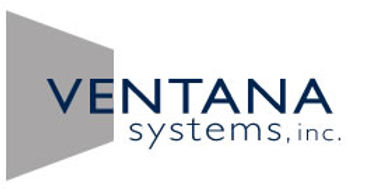ABOUT
EXPLORING
SYSTEMS
THINKING IN
TARIFF DYNAMICS
AND HUMAN DECISION MAKING
Tariff systems regulate the flow of goods across borders using tools like duties, quotas, and trade barriers. While designed to protect industries or influence trade balances, these policies often create ripple effects that reshape supply chains, prices, and macroeconomic performance. Tariffs are part of a control system that regulates the flow of goods across borders. While designed to protect industries or influence trade balances, these policies often create ripple effects that reshape supply chains and macroeconomic performance.
System Dynamics provides a deeper view by examining the feedback mechanisms that drive system behavior over time. These systems are not just mechanical but shaped by human decisions, shifting incentives, delayed reactions, and evolving policy goals.

EVENT FEATURES
Interactive Simulation Workshop
Following the main presentation by MIT Alumnus, Tom Fiddaman—MIT System Dynamics PhD, economist, system modeler, Chief Technology Officer at Ventana Systems, and creator of Causal Loop—this hands-on workshop will draw from supply chain and macroeconomic models. Participants will engage with a simple dynamic online simulation to test scenarios, challenge assumptions, and observe feedback effects in real time.
To deepen learning, participants will break out into small teams twice during the session to run the simulation and experiment with their policy ideas. Guided by key questions, each team will explore different tariff strategies, observe the outcomes, and share their insights with the larger group. This collaborative format encourages diverse perspectives and hands-on experimentation with dynamic trade models.
Learning Objective
Feedback loops are central to dynamic systems, and this simulator offers a unique opportunity to explore tariff scenarios. Participants can explore how policy levers trigger cascading effects across supply chains, pricing structures, and macroeconomic indicators. Engaging with these feedback mechanisms fosters a deeper, more objective understanding of how trade systems behave, equipping participants with the mindset to anticipate, interpret, and respond strategically to policy impacts and unintended consequences.
Action Learning
Encouraging exploration, systems, and strategic thinking, game-playing simulations are risk-free environments to challenge mental models and day-to-day assumptions.

SUPPORTERS

THE VENUE
This is an online event.


